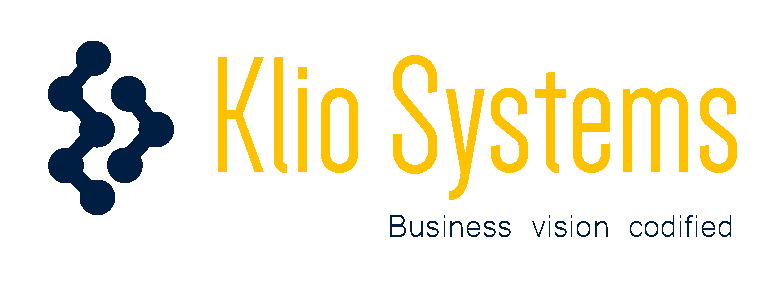Is Your Quickbooks Enterprise Slow?
Here are some tips & tricks to help you.
We routinely get contacted by our clients when they are experiencing performance issues with their systems. A common problem that costs small businesses time and money is slow down of their accounting system. Most businesses recognize the crucial nature of timely invoicing, collections, purchasing and inventory management. All the tasks that are time sensitive and can result in real monetary loss. You want to make sure that your accounting system is working efficiently.
So, why does your accounting system slow down? Here are a few common reasons:
1. Large Data Files
One of the common reasons for slow down is that your data file has grown over the years and you have not taken the time to archive and safely remove data that is no longer in active use. Mind you, this is not data deletion. It’s just data archival where you take data from fiscal years that you no longer need to refer to actively in your day to day accounting tasks.
If you are in a situation where you have a lot of old data, talking to your accountant about how many years of data he/she needs will help you decide how much data to archive. Once you have determined how much data is needed, you can use features built into most accounting systems to safely backup your original database file and keep a copy for future reference.
2. Insufficient Server Resources
If you are running Quickbooks Enterprise in a multi-user mode, as in more than one user uses it simultaneously, you need to make sure that the installation is correct. While you can log into the same server and operate the system on it, it reduces performance due to contention between the application (the user interface) and the database server.
It is best to have the environment optimized for multi-user mode if more than two people are using it at a given time. This may mean that you install the client application on your desktop and just have the database portion of it running on the server.
3. Unused Vendors, Customers, Items e.t.c
Over time, as businesses change and work with different vendors, customers or change their offering, this data may become unused and needs to be cleaned up. This activity goes hand in hand with archiving prior year data. Needless data means slower indexing and slower loading and searching operations.
4. Hardware Optimization
We see this one quite often. A lot of users do not really understand the server or computer on which Quickbooks is running. They assume that they have the best resources in use (read memory, CPU and disk) but we repeatedly see a mismatch between what a server operating system should be configured as. It is important to pay attention to the computer or hardware that is running your accounting environment and have it checked to make sure it is using the correct hardware and is configured so there is no resource contention.
5. File Errors
When was the last time you checked your Quickbooks data file for errors? Are there orphaned transactions due to someone forcibly closing the application? Do you take the time to close the system properly prior to shutting down the computer? Regular file consistency check during backups and also verifying your backups is critical to make sure there are no data errors happening in the background.
Running a correctly configure environment, maintaining and reviewing it periodically and ensuring proper backup and retention are minimum activities that you should be doing to keep your Quickbooks environment in fighting shape. We hope these tips help you. However, if you need some professional assistance, do not hesitate to contact us at https://www.kliosystems.com/contact
Klio Systems, Inc. is a technology company focused on software engineering, digital presence, managed IT services and security practices company.

